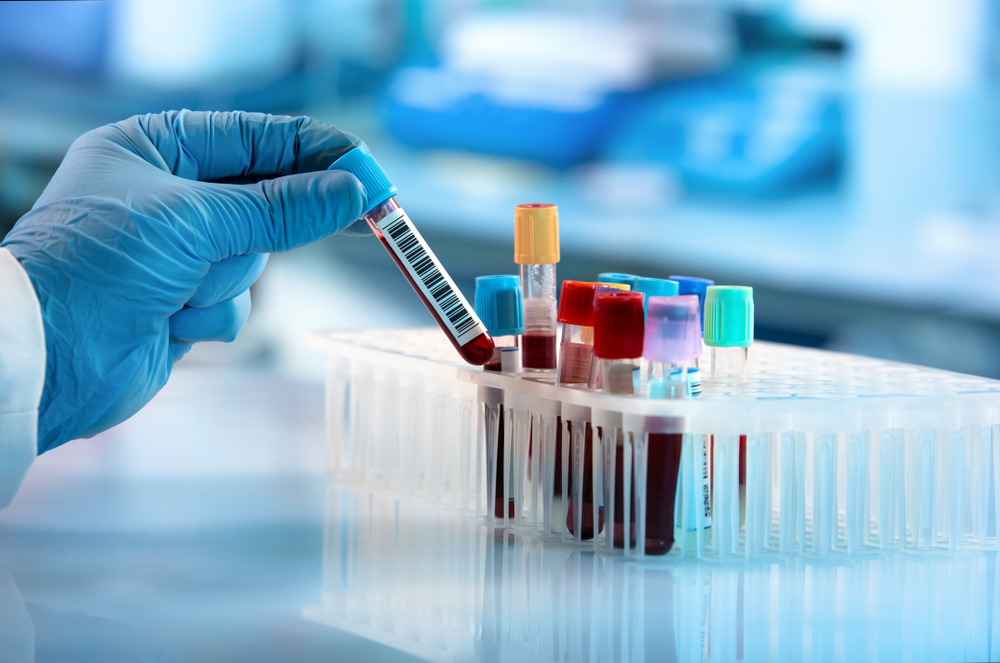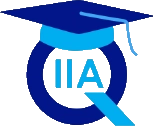
Using Peer Comparison to Enhance Laboratory Accuracy
Written by: UK NEQAS IIA, published on: 24 Jan 2025

Peer comparison is a powerful tool for ensuring laboratory accuracy, a cornerstone in establishing trust in patient outcomes. By benchmarking results against those of similar laboratories, labs can identify inconsistencies, refine processes, and maintain the highest standards.
In this article, we’ll explore the role of peer comparison in enhancing laboratory performance, how it aligns with quality standards, and the benefits it brings to maintaining precision and reliability in medical testing.
What is Peer Comparison in Laboratory Assessments?
Peer comparison in a laboratory involves assessing a lab's performance by benchmarking its results against those of similar laboratories. This process enables labs to evaluate the accuracy and precision of their analytical methods relative to their peers, helping to identify strengths and areas for improvement.
By participating in peer comparison, laboratories can ensure their processes meet industry standards, foster continuous quality improvement, and build confidence in their results for clients and regulatory bodies.
The Role of External Quality Assessment (EQA) in Ensuring Accuracy
Patients and clinicians rely on the accuracy of laboratory tests, making it crucial for these tests to remain consistently reliable. External Quality Assessment (EQA) plays a vital role in ensuring this accuracy by comparing a laboratory’s performance against others. EQA ensures this accuracy through the following means:
- Consistent and timely reporting with a fast turnaround
- Using sample materials from actual patient samples
- Clearly demonstrating performance comparisons between laboratories
- Including a large pool of participants to provide statistically robust comparison data
Benefits of Peer Reporting for Laboratory Quality
Laboratories that do not participate in peer-reporting programs can easily become isolated, lacking a reliable method for consistently verifying the accuracy of their work.
The strength of peer-reporting programs is its ability to monitor the accuracy of a laboratory's test methods, ensuring they stay consistent and aligned with the true and correct values.
Some key benefits of peer comparison in labs include:
- Thorough documentation of laboratory performance for specific processes
- A streamlined method to identify errors and trends, enabling timely corrective actions
- Accelerated troubleshooting to resolve issues more efficiently
- Insight into issue prevalence, allowing you to determine if a problem is unique to your laboratory or indicative of a broader, system-wide concern
ISO 15189 and Peer Comparison
ISO 15189 is an international standard that defines the quality and competence requirements for medical laboratories. It emphasises the development of a strong Quality Management System (QMS) to ensure accuracy, reliability, and consistency in laboratory results.
Peer group reporting supports compliance with ISO 15189 by allowing laboratories to compare their results with similar labs, identify discrepancies, and improve their analytical processes. This proactive monitoring helps laboratories maintain high standards and demonstrate ongoing commitment to quality and precision.
Best Practices for Maintaining High Laboratory Standards
- Quality control - regularly calibrate and validate equipment, and use standardised procedures to ensure accuracy and consistency
- EQA - as mentioned above, you should participate in peer comparison and proficiency testing to benchmark performance against other laboratories
- Prioritise staff training - ensure ongoing professional development for lab personnel to keep up with advancements and best practices
- Adhere to regulatory standards - follow established guidelines such as ISO 15189 or other relevant accreditation criteria
- Encourage a culture of continuous improvement - regularly review and refine processes based on feedback and performance evaluations
Ensuring Quality with IMMQAS IIA
At UK NEQAS IIA, we provide comprehensive EQA services to laboratories worldwide, offering assurance to both staff and clients. Our services confirm that the testing conducted in your lab delivers accurate and reliable results, helping to uphold the highest standards of quality and precision in laboratory practices. For more information, don’t hesitate to contact us!
Alongside our EQA services, we also offer a range of educational resources in our Digital Academy.

